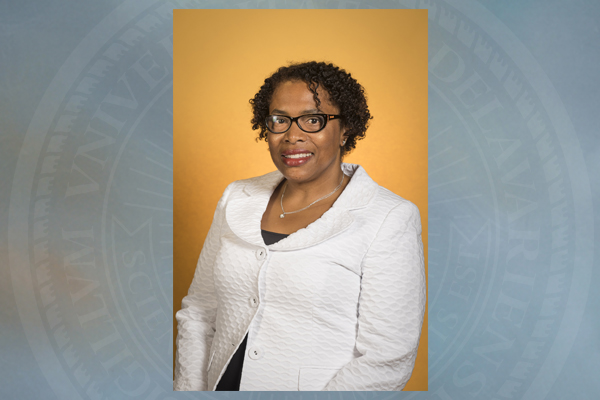
Confidence and risk
Research first to document how confidence in managers can influence audit quality
1:56 p.m., Sept. 4, 2015--Conventional wisdom might lead you to believe that auditors working with high-risk businesses are likely to conduct more skeptical and in-depth investigations.
However, Jennifer Joe’s research is the first ever to document the influence that managers of these high-risk companies can have on the depth and quality of audits simply by demonstrating confidence to auditors.
Research Stories
Chronic wounds
Prof. Heck's legacy
Joe, UD’s Whitney Family Professor of Accounting in the Alfred Lerner College of Business and Economics, said that her study reveals a previously undiscovered judgment trap for auditors and challenges explanations for why confident statements are effective.
Joe and her colleagues asked 67 senior auditors from major accounting firms to audit a theoretical company that was either high-risk or low-risk. Each company was also paired with either high-confidence manager statements (“I am absolutely certain…”) or low-confidence manager statements (“I suppose…”).
The research team was surprised to find that when hearing high-confidence manager statements, auditors were more likely to rely on managers’ explanations – but only when working with high-risk companies.
This led to auditors pursuing fewer tests and less reliable types of audits. Paradoxically, this effect of confidence was not found for low-risk companies.
“Auditors know that they shouldn’t be influenced by management confidence,” Joe said. “But the experiment showed that it influences them. More importantly, it influences them in the area that is most risky.”
Joe explained that this behavior goes against traditional psychological explanations that “confidence is influential because people think confidence is associated with competence.”
This isn’t a possible explanation for her findings, she said, since managers’ confidence affected auditors only in the case of high-risk companies. This high-risk ranking in itself indicates to auditors that the company has a lower level of competence and reliability.
So what could cause these puzzling findings?
“We believe this happens because of ironic process theory,” Joe said. By this explanation, well-intentioned auditors know that they should discount confidence, but working to ignore it subconsciously causes them to put more emphasis on it.
This is the same principle behind studies on juries’ inability to disregard evidence that has been struck from the record.
“Human beings want to be rational and purposeful, but we have our cognitive limitations,” Joe said. “Auditors try to ignore confidence, but working to ignore it actually makes it more accessible in their short-term memory.”
This strong desire to remain impartial in the face of hyper-confidence only increases for auditors when working with high-risk companies, strengthening the effect of the ironic process theory and causing these unexpected results.
Having presented their findings at this year’s International Symposium on Audit Research in Boston, and being selected as one of only seven papers to be featured in October’s 30th Contemporary Accounting Research Conference in British Columbia, Joe and her colleagues plan to explore solutions to the discovered problem in the future.
“Our next step is to figure out: How can we mitigate this?” Joe said.
Meanwhile, for students pursuing careers in accounting Joe’s research serves as a reminder to be alert to displays of confidence.
“If students are aware, then when they see somebody being hyper-confident they should be alert, think about what they’re saying and slow down their judgment.”
Article by Sunny Rosen
Photo by Evan Krape








